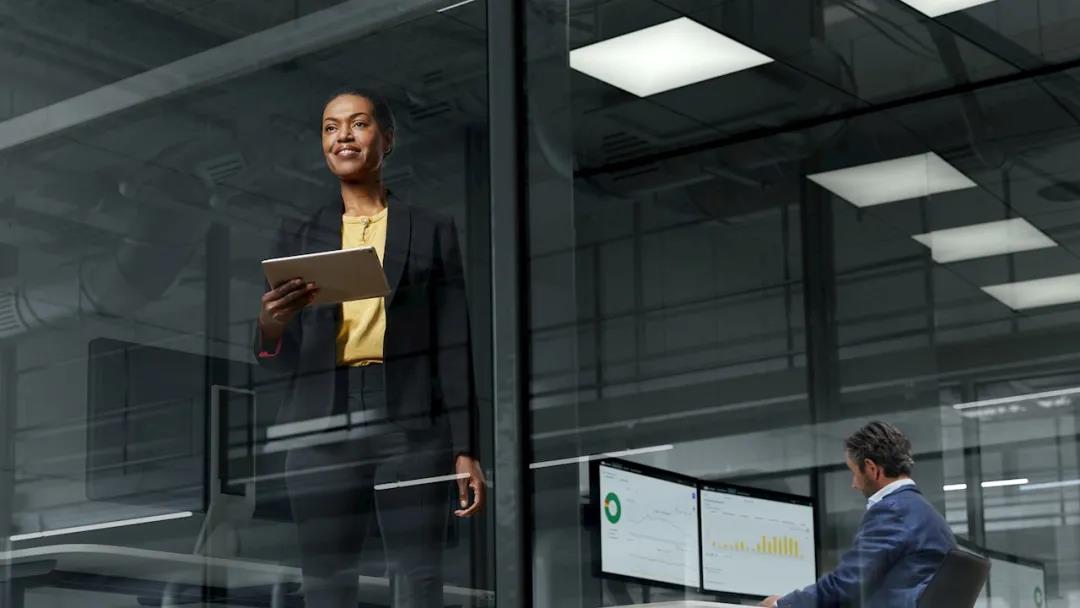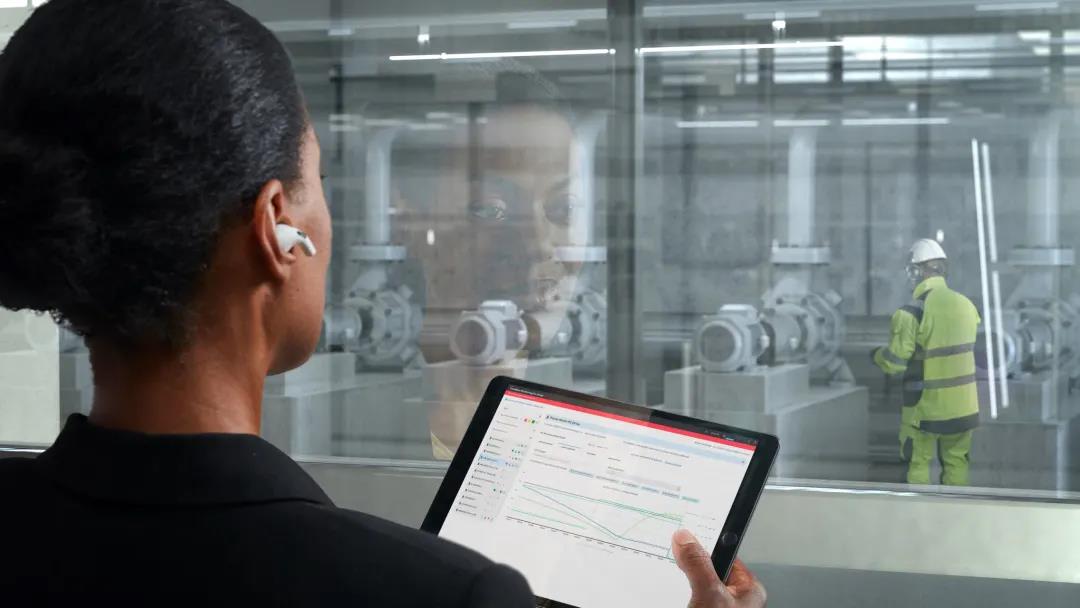- The results of the “billions of better decisions” research project highlight the dual role of industrial Internet of things solutions in achieving sustainable development goals and enabling industry development
- The international survey of 765 decision makers shows that although 96% of them believe that digitization is “crucial to sustainable development”, only 35% of the enterprises surveyed have deployed industrial Internet of things solutions on a large scale
- 72% of companies are increasing investment in the industrial Internet of things, especially to achieve sustainable development goals

ABB today released the results of a new global study on industry transformation of international business and technology leaders, focusing on the relationship between digitization and sustainable development. The survey, entitled “massive better decisions: new requirements for industrial transformation”, examined the current acceptance of the industrial Internet of things and its potential in improving energy efficiency, reducing greenhouse gas emissions and promoting change. ABB’s new research aims to stimulate industry discussion and explore the opportunities of industrial Internet of things to help enterprises and employees make better decisions, promote sustainable development and improve profitability.Tang Weishi, President of ABB Group’s process automation division, said: “Sustainable development goals are increasingly becoming a key driver of business value and corporate reputation. Industrial Internet of things solutions are playing an increasingly important role in helping enterprises achieve safe, intelligent and sustainable operations. Exploring the insights hidden in operational data is the key to truly achieving a large number of better decisions in the whole industry, and taking action accordingly is significant To improve productivity, reduce energy consumption and reduce environmental impact. “The study commissioned by ABB found that 46% of respondents believed that the “future competitiveness” of organizations was the primary factor for industrial enterprises to pay more and more attention to sustainable development. However, although 96% of global decision makers believe that digitization is “crucial to sustainable development”, only 35% of the surveyed enterprises have implemented industrial Internet of things solutions on a large scale. This gap shows that although many industry leaders today recognize the important relationship between digitization and sustainable development, industries such as manufacturing, energy, construction and transportation still need to accelerate the adoption of relevant digital solutions to achieve better decision-making and sustainable development goals.

More key information from the study
- 71% of respondents said that the epidemic had increased their attention to sustainable development goals
- 72% of respondents said that they had increased their spending on the industrial Internet of things “to some extent” or “significantly” for the sake of sustainable development
- 94% of respondents agreed that the industrial Internet of things “can make better decisions and improve the overall sustainability”
- 57% of respondents pointed out that the industrial Internet of things had a “significant positive impact” on operational decisions
- Concerns about network security vulnerabilities are the number one obstacle to promoting sustainable development through the industrial Internet of things
Industrial Internet of things to create a win-win situation
63% of the executives surveyed agree that sustainable development is conducive to their company’s profitability, and 58% also agree that it creates direct business value. It is clear that sustainable development and the traditional elements of promoting industry 4.0 – speed, innovation, productivity, efficiency and customer focus – are increasingly intertwined, creating a win-win situation for enterprises that want to improve efficiency and productivity while dealing with climate change.
“According to the estimation of the International Energy Agency, greenhouse gas emissions in the industrial sector account for more than 40% of the total global emissions. To achieve the United Nations sustainable development goals and the Paris Agreement And other climate goals, industrial enterprises must integrate digital solutions into their sustainable development strategies. Actively embracing digital technology is crucial at all levels, from the board to the grass-roots level, because every member of the industry can become a better decision maker in terms of sustainable development. “
ABB innovation for sustainable development
Abb is committed to leading technological progress and enabling a low-carbon society and a more sustainable world. Over the past two years, abb has reduced greenhouse gas emissions from its own operations by more than 25%. As part of its 2030 sustainable development strategy, abb expects to achieve full carbon neutrality by 2030 and help global customers reduce carbon dioxide emissions by at least 100 million tons per year by 2030, equivalent to the annual emissions of 30 million fuel vehicles.
ABB’s investment in digital is at the heart of this commitment. ABB devotes more than 70% of its R & D resources to digitization and software innovation, and has built a strong digital ecosystem with partners including Microsoft, IBM and Ericsson, occupying a leading position in the field of industrial Internet of things.

ABB abilitytm digital solution portfolio helps improve energy efficiency and promote resource protection and recycling in a large number of industry application cases, including condition monitoring, asset health and management, predictive maintenance, energy management, simulation and virtual debugging, remote support and collaborative operation. ABB’s more than 170 industrial IOT solutions include ABB abilitytm Genix industrial analysis and Artificial Intelligence Suite, abb abilitytm energy and asset management, and ABB ability ™ Digital transmission chain condition monitoring system, abb abilitytm industrial robot interconnection service, etc.
Post time: Feb-11-2022